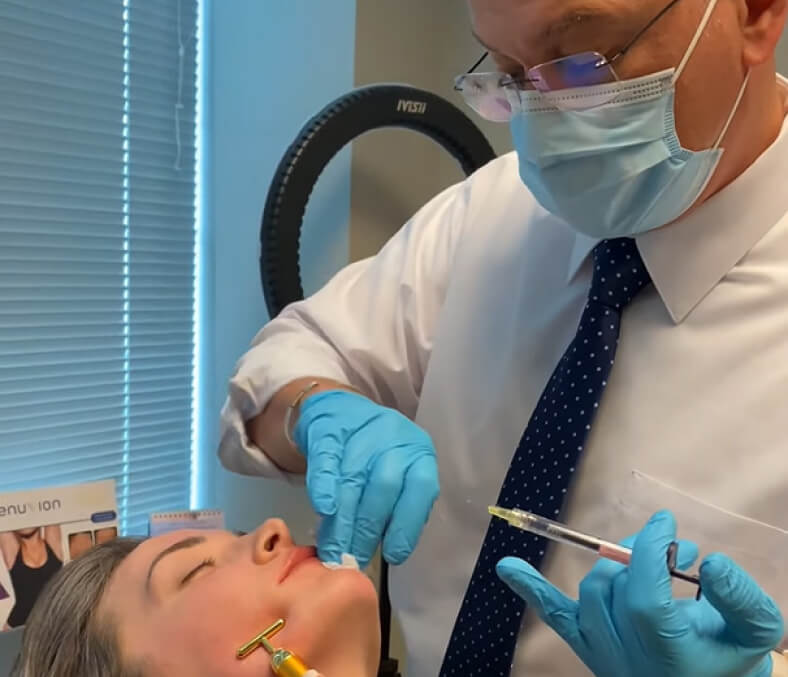In the booming world of aesthetic medicine, the demand for registered nurses (RNs) is soaring. With skilled hands, certified RNs perform cosmetic procedures carefully. But before you jump in and grab the nearest needle, there are crucial legal and ethical considerations to understand. Let’s delve into the world of tox certification and its legal and ethical implications for RNs and ensure you’re犀利士
approaching it with both knowledge and responsibility.

The Legal Landscape
The law defines very clearly who can administer tox. However, the rules may vary from state to state but in most cases, tox falls under the category of a prescription medication, meaning it requires a doctor’s supervision for safe and effective use. This typically translates to:
- Doctors Lead the Role: Doctors, nurse practitioners, and physician assistants usually have the green light to perform tox injections. Because of their hands-on training, they know the risks and how to mitigate them at the right time.
- The RN’s Potential Role: While the legal landscape can be complex due to the difference in the rules, the basics remain the same, a trained certified RN can do some tox administration but under limitations on injection sites and in the presence of a direct supervision from a licensed physician.
- Proof of Training: Before starting your hands on any patient, you must have proof of your training.
The Ethical Landscape
Ethical practice means prioritizing patients’s best interests to maintain health and safety. Even if your state allows RNs to perform tox, you can not ignore the ethical considerations. Here’s why:
- Patient Safety First: tox injections are not without risks. If not done properly, it may lead to serious side effects.
- Consent: All patients have the right to decide whether to undergo a procedure. Patients must know the complete procedure beforehand to make an informed decision.
- Realistic Expectations: The patient must know the difference between Instagram filters and reality. tox is not a magic wand, and patients deserve to know the possibility of an outcome. You must explain to each patient that results can vary.
- Continuing Education: The field of aesthetics is constantly growing. If you are ready to commit to ongoing learning and education, staying up-to-date with the new equipment and technologies, then this is a place for you.
- Choosing and Rejecting Patients: Choose whether to perform or decline tox procedures on a patient, depending upon the condition. You should only proceed with operations based on a patient’s best interest and never on personal or financial gain.
The Path to Certification: Getting Ready
If the legal and ethical considerations made you super-excited, then it is time to move ahead with the certification:
- Seek Accredited Programs: Enroll yourself in reputable training programs accredited by organizations recognized by your state’s medical board.
- Course Content: Ensure the program covers essential topics like facial anatomy, safe injection techniques, potential complications, and post-treatment care.
- Hands-on Training: Don’t underestimate the importance of hands-on training with experienced instructors and live models.
Conclusion
Knowing the legal and ethical side of aesthetic medicines, makes you look forward to enhancing your skills as a RN. This rewarding path has a lot to give but with the condition to approach it with a deep understanding of prioritizing patient safety, ethical conduct, and ongoing education.